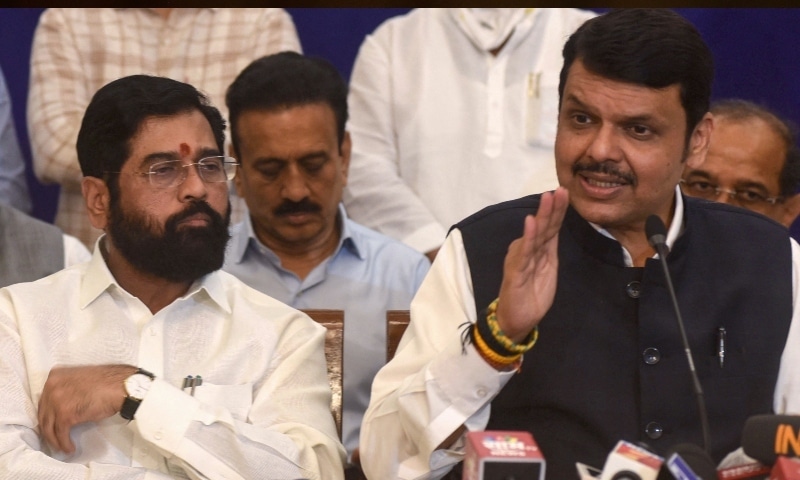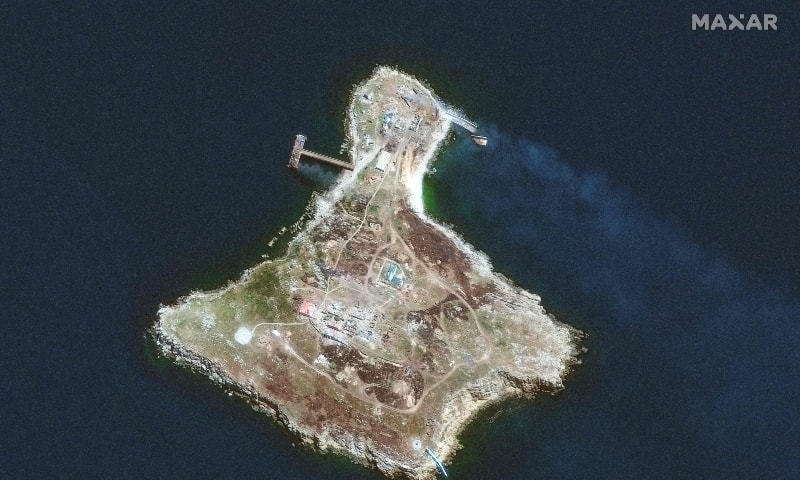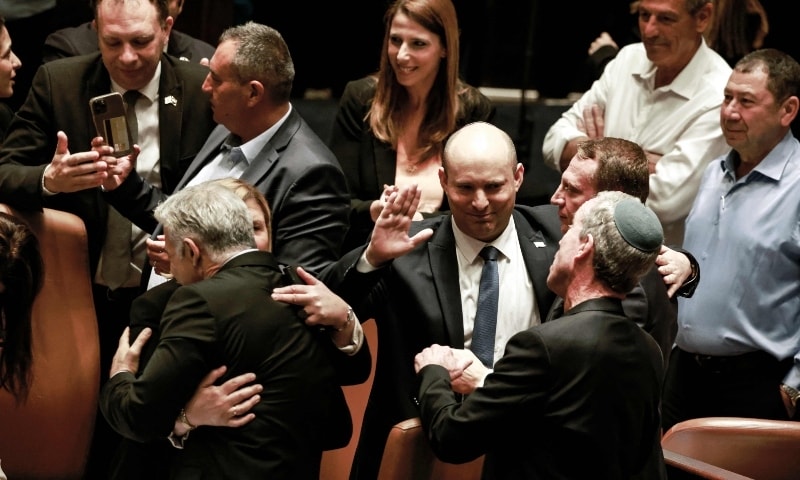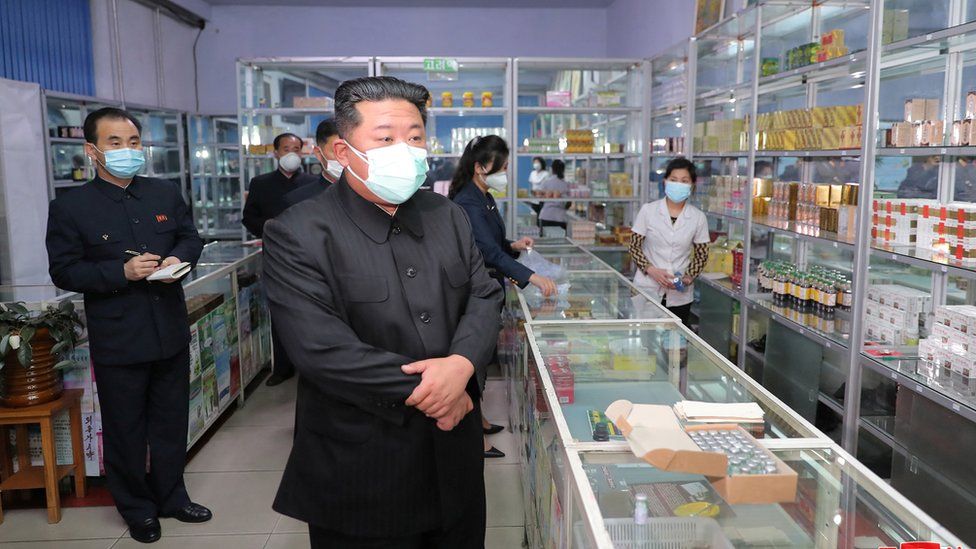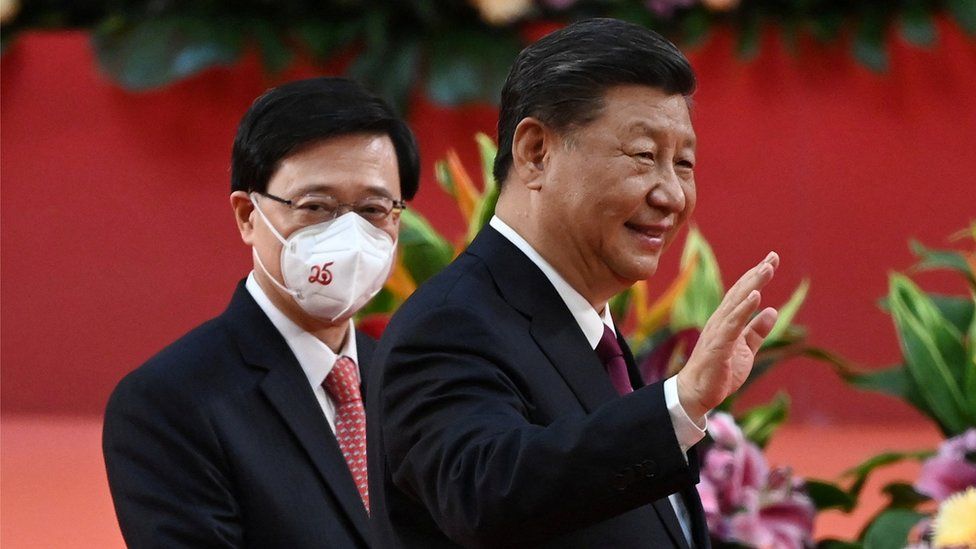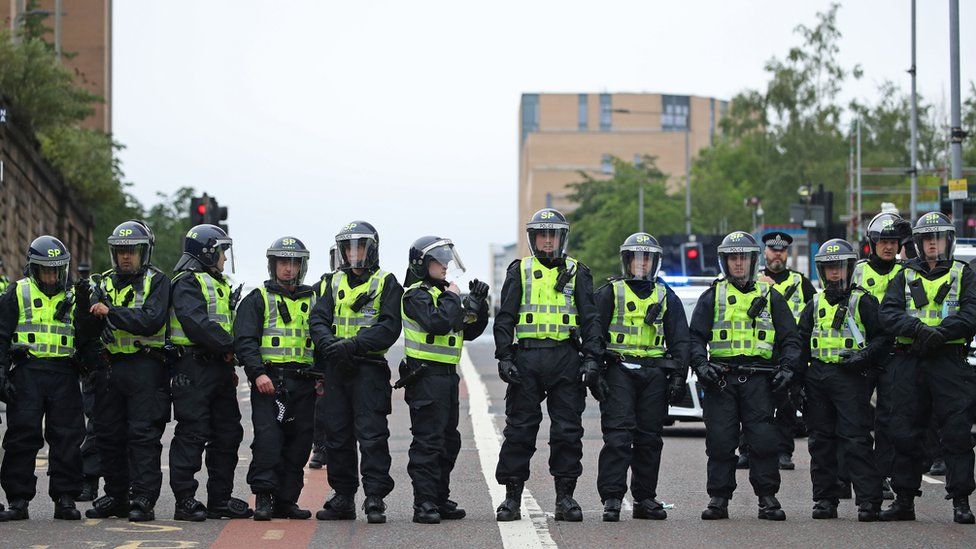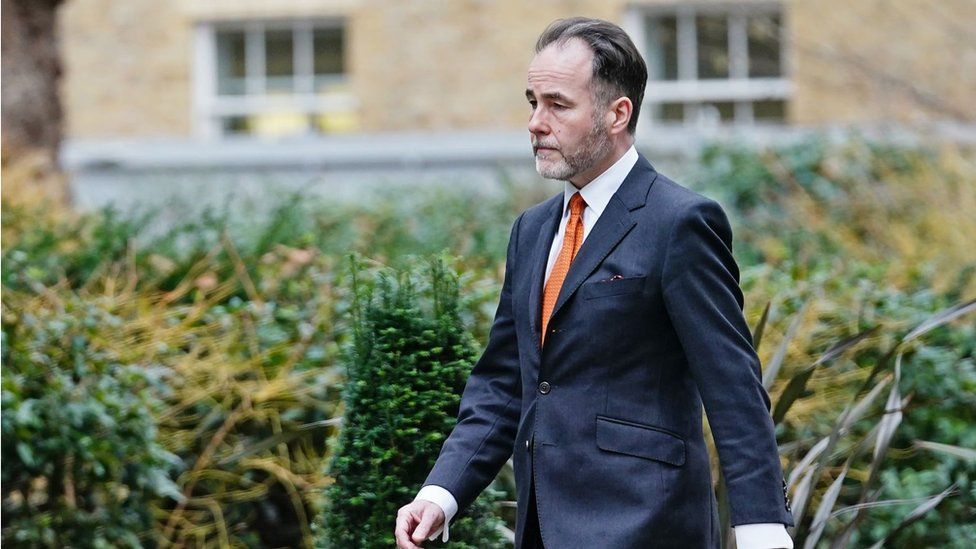The Scottish Police Federation (SPF) is set to begin its “most overt” action in a century at 17:00 on Friday.
Scottish officers are protesting about a “derisory” £565 pay rise offer.
By law, officers cannot take industrial action but will now charge for all overtime and refuse to begin shifts early.
Police Scotland said it was committed to seeking a pay settlement through the Police Negotiating Board.
The £565 pay offer made to officers was rejected by the governing body of the SPF, representing rank-and-file officers, last week.
Police officers to ‘withdraw goodwill’ in pay row
Scottish police officers reject £565 pay increase
Police consider action over ‘derisory’ pay deal
In a letter to members on Thursday, SPF general secretary Calum Steele said he had received communication from the official side of the negotiations – which includes the Scottish Police Authority, Police Scotland and the Scottish government.
The BBC is not responsible for the content of external sites.
View original tweet on Twitter
He said it would enable discussions on the pay claim to resume, but later clarified on Twitter that the withdrawal of goodwill would go ahead as planned at 17:00 on Friday.
He previously told members the action was not taken to “frustrate any investigation, or further aggravate any victim’s experience”.
“It is simply to demonstrate to our employers just how much discretionary effort, and free policing hours, they ordinarily take for granted,” he added.
He said the action was necessary to persuade their employers to “return to the negotiating table with a fair pay offer”.
The initial withdrawal of goodwill involves:
Police officers not beginning their shifts early
Ending their shifts at the rostered time unless expressly told to work late
If they are lawfully ordered to work additional hours, claiming payment for every period of overtime
Officers not taking personal protective equipment home at the end of the day, regardless of where they are due to start their next shift
Not taking police equipment such as Airwave radios home.
The general secretary said the action – the “most overt” action by members in more than 100 years – had not been endorsed by the federation lightly, but showed the “utter contempt” police had for the pay offer.
A Police Scotland spokesman said it was committed to seeking a pay settlement.
He added: “We recognise the considerable goodwill officers bring to their roles on a daily basis as they keep people safe across the country, and this is also valued by the communities they serve.”
‘Officers do deserve pay increase’
The leader of the Scottish Conservatives, Douglas Ross, raised the issue at First Minister’s Questions on Thursday, saying the SPF had described the current pay offer as “derisory”.
Ms Sturgeon said police officers were suffering from a cost of living crisis “exacerbated by the Tory government”.
She said officers in Scotland were paid more than in the rest of the UK, there were more police officers per head of population in Scotland than in England, and the policing budget was due to rise by £40.5m this year.
“There is a pay negotiation under way,” she added. “I would fully expect the Scottish Police Federation and any trade union and professional organisation to stand up for their members during a pay negotiation.
“I hope all sides will continue to work together constructively to ensure that a fair and affordable pay increase can be agreed for our police officers.
“Our police officers do deserve it and we will continue to value policing and give it the priority it deserves.”
Mr Ross responded: “The first minister’s on a different planet.
“She’s saying it was a constructive meeting between her justice secretary and the federation, and the federation said this morning that their members are now taking the most overt demonstration of action in more than 100 years.”


